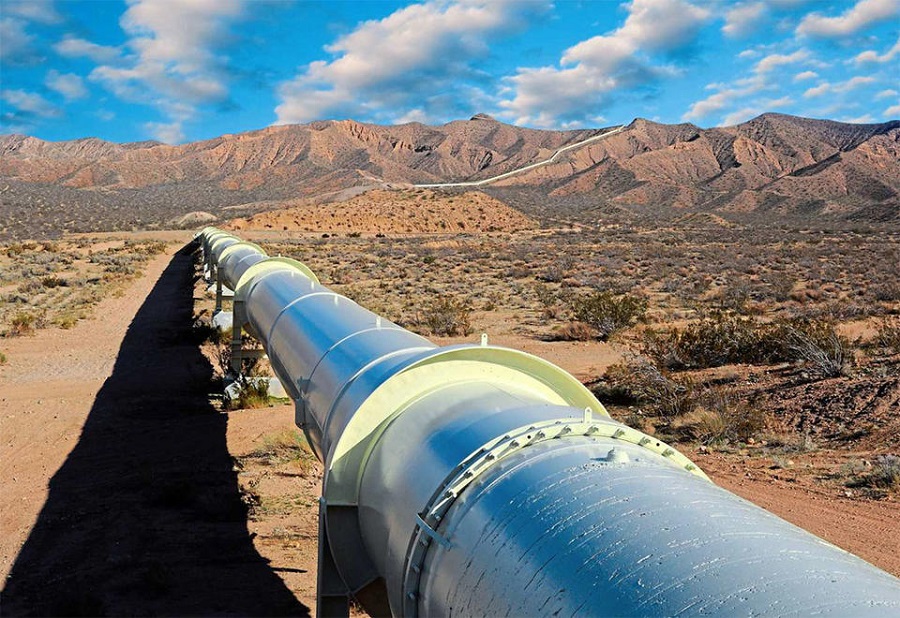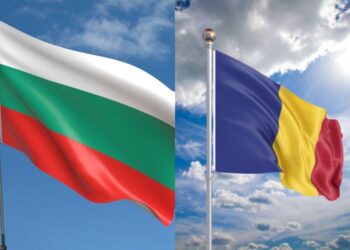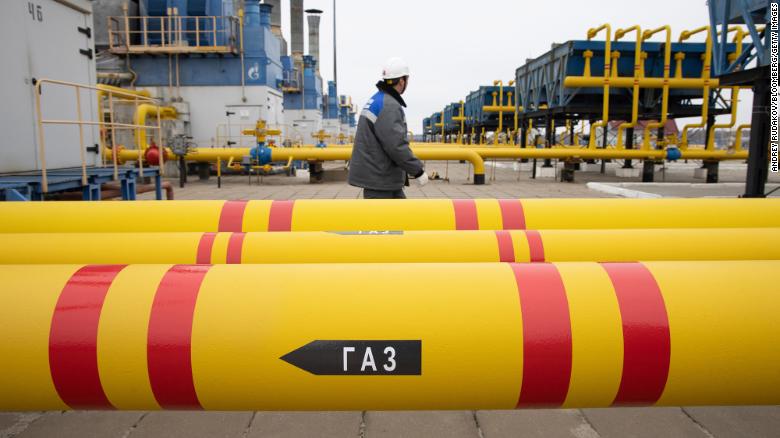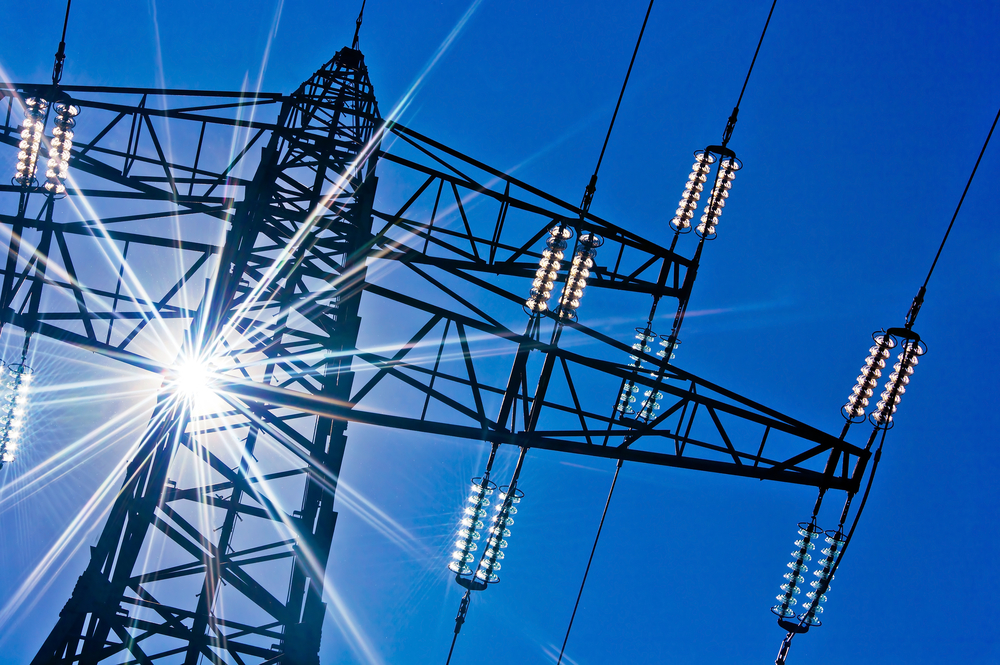Russia’s Gazprom PJSC stated it has blocked gas deliveries to Poland and Bulgaria, and it will continue to do so until the two nations comply with Moscow’s demand that they pay for the critical fuel in rubles.
Russia is following through on a threat to cut off gas supplies to countries that resist President Vladimir Putin’s new demand for payment in rubles, based on Bloomberg reports. This action against EU members – Poland and Bulgaria is likely to create an increase in the prices of gas in the region and also aggravate inflationary pressures.
However, Russia’s tough stance has strengthened the ruble amid heavy sanctions, as Nairametrics earlier reported that the Russian ruble emerged stronger 3 months into the Russian-Ukraine war.
What you should know
- Gazprom also warned Poland and Bulgaria, both of which are Russian gas transit countries, that if they divert gas intended for other destinations, the company will reduce transit flows.
- This is the first cutoff to Europe since 2006 and 2009 when disputes over gas prices between Russia and Ukraine caused supply disruptions to European countries.
- The second disruption, which occurred in the winter of 2009 and lasted about two weeks, blocked all gas transit to the EU via Ukraine, causing a supply scramble. Gas rationing, factory closures, and power outages were all necessary in Slovakia and some Balkan countries.
- In theory, the European Union opposes the idea, but as payment deadlines near, governments throughout Europe must decide whether to accept Putin’s terms or risk losing key supplies and risking energy rationing.
- Furthermore, Germany relies heavily on Russian gas and has promised to limit fuel supplies to its massive economy if supplies are disrupted.
- Also, the UK announced that it would allow payments to Russian Gazprombank and its subsidiaries for gas going to European Union countries would be allowed until the end of May.
European gas prices jumped more than 20% as traders processed the abrupt change and assessed which countries might be next. Benchmark Dutch futures soared as much as 24% to 127.50 euros per megawatt-hour, the highest level since April 1.























